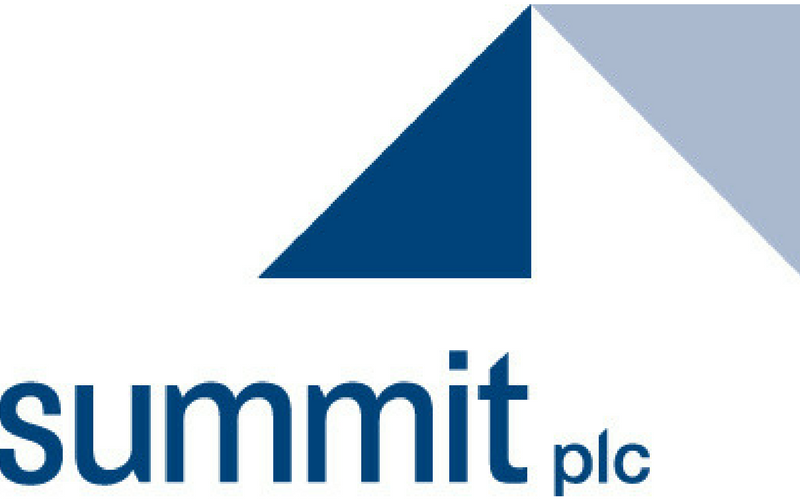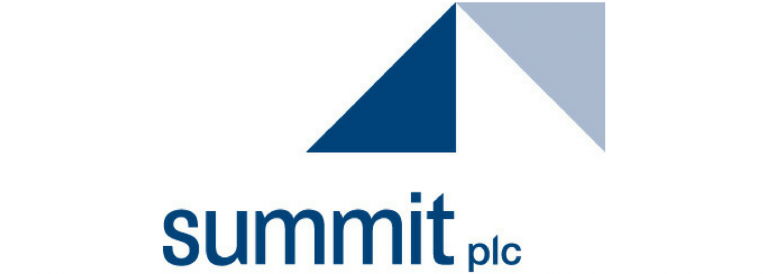Data show correlation between decrease in muscle damage and reduction in muscle inflammation in patients treated with ezutromid
Summit Therapeutics announces the presentation of new 24-week interim analyses from PhaseOut DMD, a Phase 2 open-label, multi-centre clinical trial of the utrophin modulator ezutromid in Duchenne, at the 70th American Academy of Neurology Annual Meeting (‘AAN’).
These new analyses showed a high correlation between reductions in developmental myosin, a biomarker of muscle damage which was measured by muscle biopsy, and reductions in muscle inflammation, which was measured by magnetic resonance, in patients after 24 weeks of ezutromid treatment. These findings underpin existing evidence that by modulating utrophin protein production, ezutromid is reducing the severity of Duchenne.
“The correlation observed between decreases in developmental myosin, a biomarker of muscle damage, and decreases in muscle fibre inflammation, is highly encouraging, and we believe further supports that ezutromid is breaking the DMD disease cycle of muscle damage and repair,” commented Dr David Roblin, Chief Medical Officer and President of R&D of Summit. “We look forward to reporting the full results of this trial, expected in the third quarter of 2018.”
The presentation was selected for the Emerging Science dual oral and poster presentation at AAN and authored by Professor Francesco Muntoni on behalf of the PhaseOut DMD Study Group, Gary Layton, Indranil Bhattacharya, Crystal Faelan, Anne C Heatherington, David Roblin, Jon Tinsley, and Professor Kay E Davies. A copy of the late-breaking presentation is available on Summit’s website, www.summitplc.com.
About PhaseOut DMD
PhaseOut DMD is an open-label, multi-centre trial that has enrolled 40 patients in the US and UK, aged from their fifth to their tenth birthdays. PhaseOut DMD is 48 weeks in length after which patients have the option of enrolling into an extension phase and continuing to be dosed with ezutromid. The primary endpoint is the change from baseline in magnetic resonance parameters related to the leg muscles. Biopsy measures evaluating utrophin and muscle damage are included as secondary endpoints, with patients having two biopsies: one at baseline and their second after either 24 weeks or 48 weeks of ezutromid treatment. Exploratory endpoints include the six-minute walk distance, the North Star Ambulatory Assessment and patient reported outcomes. Top-line 48-week results are expected to be reported in the third quarter of 2018.
About Utrophin Modulation in DMD
Utrophin protein is functionally and structurally similar to dystrophin. In preclinical studies, the continued expression of utrophin had a meaningful, positive effect on muscle performance. Summit believes that utrophin modulation has the potential to slow down or even stop the progression of DMD, regardless of the underlying dystrophin gene mutation. Summit also believes that utrophin modulation could potentially be complementary to other therapeutic approaches for DMD. The Company’s lead utrophin modulator, ezutromid, is an orally administered, small molecule drug.
Further Reading
-
More about Utrophin
-
Get up to the minute news
-
Attend the Conference 2018



 Summit Completes Dosing of Ezutromid in PhaseOut DMD Clinical Trial
Summit Completes Dosing of Ezutromid in PhaseOut DMD Clinical Trial
